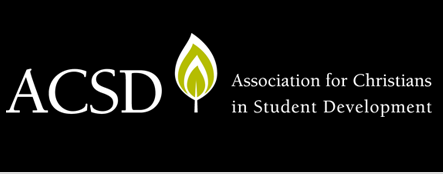Home > Other Collections > ACSD > Growth > No. 23 (2024)
Abstract
Christian institutions missionally commit to educate students to be both professionally competent and capable of engaging across difference. This quantitative pilot study analyzes survey responses from graduates of two intentionally-designed Christian off-campus study programs—one located in the United States and one located abroad. A multivariate analysis of covariance reveals graduates of both programs scored comparably on professional competency and engaging difference scales. This challenges narrow approaches to researching, designing, and promoting international study abroad programs as superior arenas for developing global competency and domestic programs as primarily focused on professional development. Consequently, Christian educators are invited reconsider how various off-campus programs might meaningfully contribute to critical educational outcomes. Moreover, findings prompt consideration of the ways thoughtfully-designed domestic programs might make the transformational learning of traditional study abroad programs accessible to a wider range of students.
Recommended Citation
Martin, Jessica
(2024)
"Revisiting Domestic and International Study "Abroad" Program Learning Outcomes: A Qualitative Pilot Study,"
Growth: The Journal of the Association for Christians in Student Development: Vol. 23:
No.
23, Article 5.
Available at:
https://pillars.taylor.edu/acsd_growth/vol23/iss23/5
Included in
Educational Assessment, Evaluation, and Research Commons, Educational Leadership Commons, Higher Education Commons, Higher Education Administration Commons, Teacher Education and Professional Development Commons

